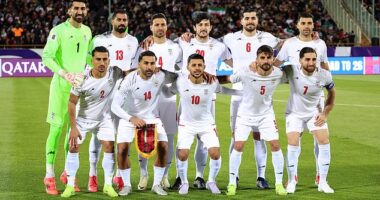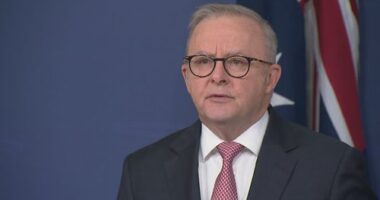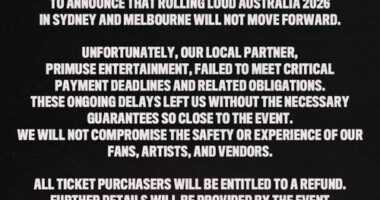Share this @internewscast.com
“It’s really hard because you’re putting yourself out there and you get nothing in return,” she says.
However, the donor introduced them to another woman, Jess, who ultimately donated eggs that led to three successful pregnancies.
“It’s really hard and it breaks my heart when I hear their stories,” she says.
There’s not a lot more than I can do apart from just give them the support and give them the platform.
According to Monash IVF, the supply and demand ratio between donors and hopeful parents in Australia is 1:52 — meaning one donor for every 52 hopeful parents.
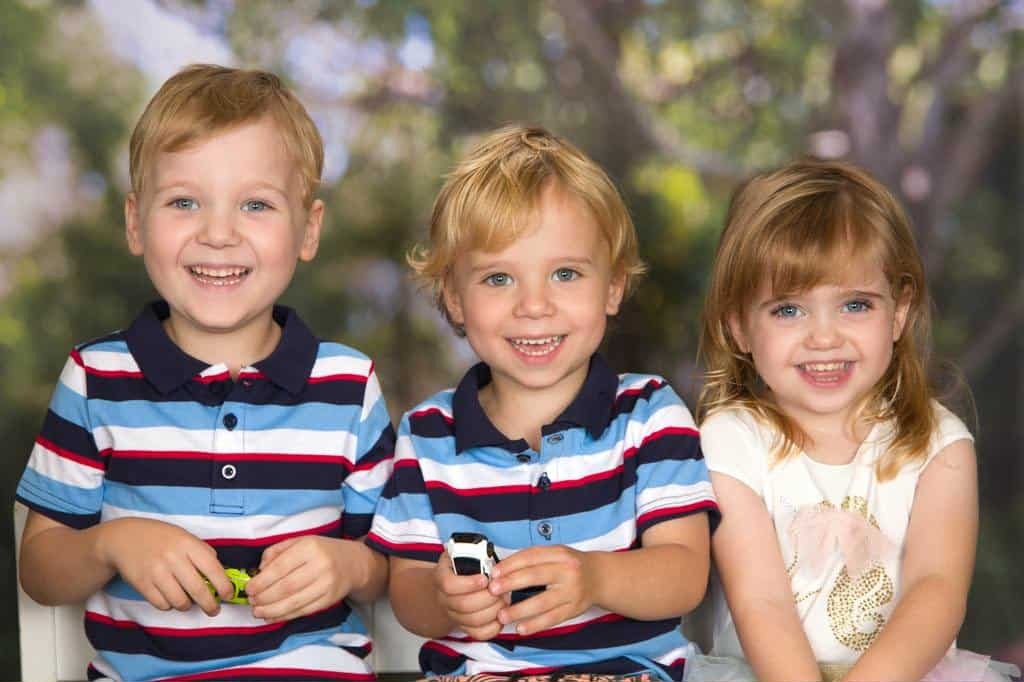
Robbie (left), Luke (centre) and Jessie were all born using eggs from the same donor. Credit: Supplied
Many are now calling for changes to how egg donation is incentivised — and even compensated.
Growing demand
Karin Hammarberg, a senior research fellow at Monash University’s School of Public Health and Preventive Medicine, says this disparity is increasing as people postpone having children.
While the exact number of people waiting for donated eggs in Australia is unknown, a survey from The University of Melbourne, published last year, found that out of 59 women placed on an egg donation waiting list at an IVF clinic, only 13 received a donor egg.
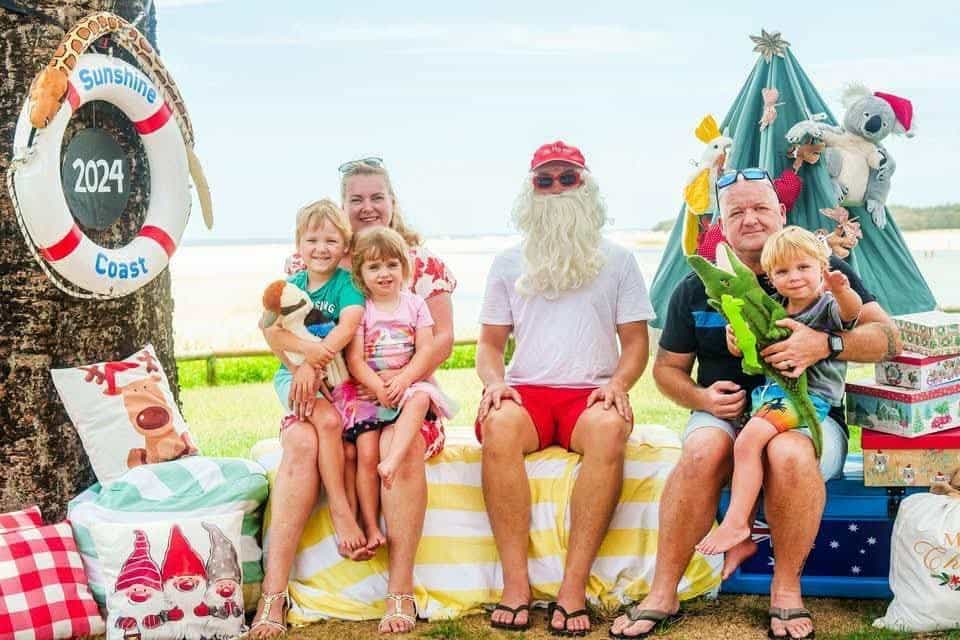
Liz Buckley Stokes (left) says the process of trying to find an egg donor in Australia was “soul-destroying”. Credit: Supplied
Hammarberg says it’s likely many women would be deterred from donating eggs because of how invasive the procedure can be and its physical demands.
“To imagine that women out of just pure generosity would sign up to donate eggs to anyone and go through that procedure for no kind of compensation whatsoever is — I think — asking a lot,” she says.
‘Reproductive tourism’
However, laws and ethical standards of gamete (egg and sperm) donation can differ markedly in overseas markets. For example, sex selection for non-medical reasons is legal in the US but not in Australia.
“We have to face up to the fact that [women travelling overseas for donor eggs] is the consequence of the system we have now and then think of ways of perhaps making it a bit more appealing for women to donate their eggs,” she says.
‘We need to find a middle ground’
With demand consistently outpacing supply, many experts in Australia have raised questions about the legal restrictions that prevent donors from receiving financial compensation for their eggs.
While she acknowledges the ethical complexities of paying women to donate eggs, Hammarberg says she has concluded that Australia may need to allow some financial incentive to do so.
“I’ve come to the conclusion that we need to find some kind of middle ground here because there is clearly a supply and demand issue,” she says.
Hammarberg also notes that while women can’t be compensated for egg donation in Australia and the vast majority of IVF clinics are private, it creates a bizarre situation where women donate altruistically, but clinics are able to profit from them.
Everyone gets paid — the doctor gets paid, the clinic gets paid — everyone gets paid but not the donor.
Associate Professor Wan Tinn The, a fertility specialist from the hospital, tells SBS News a number of “very generous” people have donated eggs to this program, but says “the supply is still not enough for the demand”.
“I think this needs to be something where there’s some kind of compensation that’s not an incentive to donate just for the sake of money, but some kind of respectful recognition of the effort that’s involved in being an egg donor,” she says.
100,000 in storage
It’s estimated that approximately 100,000 eggs are currently sitting in storage around Australia.
Stephen Page, a fertility law expert and board member of the Fertility Society of Australia and New Zealand, tells SBS News the Commonwealth legislation, which refers to the commercial trading of eggs, should allow women to be compensated for the cost of already-frozen eggs as a “reasonable expense” of donation.
“At the end of the day, they’re actually doing it to help someone,” she says.
I think that’s the biggest conversation that needs to be had: is educating women on the impact.


